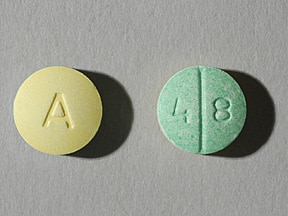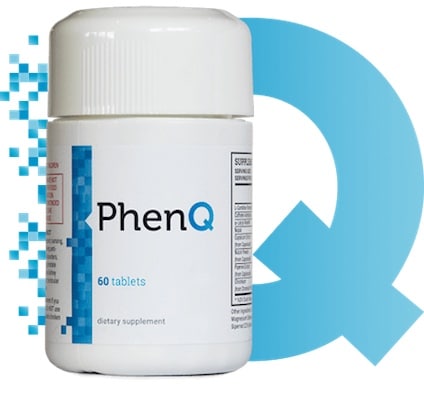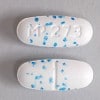General Information
Bontril PDM / SR is a sympathomimetic central nervous system stimulant and diet pill similar to amphetamine that is used as a short-term diet aide in addition to diet and exercise for individuals struggling with obesity aged 12 years and older. It is classified as a schedule III controlled substance in the United States.
Ingredients
The active ingredient in Bontril PDM / SR is phendimetrazine tartrate. Its chemical name is (2S,3S)-3,4-Dimethyl-2-phenylmorpholine L-(+)-tartrate (1:1). It is a member of the morpholine class of stimulant chemicals.
Brand Name Variations
The generic equivalent of Bontril PDM / SR is phendimetrazine. This is also available under the trade names Bontril, Melfiat, Obezine, Phendiet, Phendiet-105 and Prelu-2.
Mechanism of Action
Bontril PDM / SR acts exerts its effect as an appetite suppressant by targeting the central nervous system, which is comprised of the brain and spinal cord. The active ingredient is actually a prodrug of phendimetrazine meaning that phendimetrazine must be metabolized by the body in order to become active.
Dosage and Administration
Bontril is available in tablets and capsules. The standard immediate-release form is labeled as PDM, a reference to the active ingredient phendimetrazine. It is a 35mg tablet most often prescribed for use two to three times per day, to be taken orally 30-60 minutes before each meal. The sustained-release formula is taken as a single dose of one 105mg tablet taken 30-60 minutes before the morning meal each day. 105 mg and 35 mg are the most popular doses of Bontril.

Due to its effects on the heart and circulatory system, Bontril PDM / SR is not recommended for use in anyone with a history of high blood pressure, glaucoma or heart disease. It is also contraindicated in anyone with a history of thyroid problems. Its activity in the central nervous system makes Bontril PDM / SR contraindicated for anyone with a history of mood disorders. Due to its potentially habit forming nature, Bontril PDM / SR is not to be prescribed to anyone with a past history of drug addiction or abuse.
Bontril PDM / SR is known to interact with 440 different drugs including some medications used to treat diabetes and high blood pressure. It is not recommended for use in anyone who is also taking some types of antidepressants, cold medications, some antibiotics, other weight loss medications or chemotherapy drugs. Bontril PDM / SR has been shown to cause birth defects and should never be used by women who are pregnant.
History
Phendimetrazine was discovered in Germany in the 1950s. Bontril was FDA approved for use as an appetite suppressant in the 1960s. With the expiration of the original patent, many generic forms became available. Since then, phendimetrazine has become one of the most commonly used prescription diet aides in the country.
Adverse Effects
Bontril PDM / SR can lead to a serious allergic reaction in some people, signs of which can include hives, breathing problems, and/or swelling around the face or in the throat. Other serious side effects associated with Bontril PDM / SR can be related to its effects on the heart. This can lead to a sensation of shortness of breath, chest pain, palpitations and swelling of the feet or ankles. Extremely high blood pressure can cause what’s known as a hypertensive crisis, another possible and dangerous side effect from using Bontril PDM / SR. The symptoms associated with this medical emergency can include severe headache, confusion, blurred vision, ringing in the ears, chest pain, heartbeat irregularities, shortness of breath and even seizure. Bontril PDM / SR may also cause life-altering confusion, irritability, extreme mood swings, unusual thoughts and erratic behavior.
There are also several side effects associated with the use of Bontril PDM / SR that are not considered medical emergencies or cause to discontinue the medication. Many sufferers, however, find these effects disturbing nonetheless. These less serious effects are related to the stimulatory nature of Bontril PDM / SR and can include sleep disturbances, restlessness, hyperactivity, dizziness, tremors and changes in sex drive. Other important side effects include headache, flushing spells similar to hot flashes, dry mouth and digestive upset including constipation, diarrhea and upset stomach.
Any or all side effects may occur even at prescribed doses and are more likely to occur if Bontril PDM / SR is misused or abused.
Hop on over here for more details: http://www.leanbodylook.com/.





